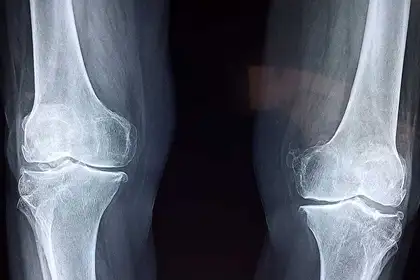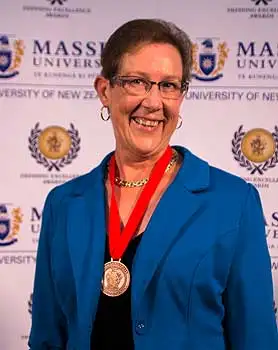
Massey researchers are working with the Cawthron Institute, AgResearch, Plant & Food Research and Sanford to investigate the health benefits of mussels, as part of one of the High-Value Nutrition National Science Challenge.
Professor Marlena Kruger from the School of Health Sciences and Dr Fran Wolber from the School of Food and Advanced Technology are overseeing part of the research into the health benefits of New Zealand mussels.
The research has been awarded further funding from the High-Value Nutrition National Science Challenge fund. Called Musselling Up 2.0, it is led by Nelson-based independent science organisation the Cawthron Institute, with support from AgResearch, Plant & Food Research, seafood company Sanford, as well as Massey University.

Professor Marlena Kruger, School of Health Sciences.
The study aims to identify and validate the health benefits of an extract from the mussels, building on outcomes from an earlier three-year research programme during which the Massey scientists and two doctoral students demonstrated the protective power of the mussels for knee joint health in a pre-clinical setting.
The next stage will be to study the role of mussels in reducing inflammation typically seen in human osteoarthritis and delayed onset muscle soreness.
Human health trials conducted by Massey will focus on metabolic health and protection against cartilage damage and chronic joint pain. A priority will be to identify new biomarkers that could be used for clinical diagnosis
“For this study, we’ll be recruiting middle aged women to take part in a 12-week trial to see how the mussels affects inflammation, joint cartilage degradation, metabolic health, and joint pain,” Professor Kruger says. “We will also use samples saved from our previous studies to verify the biomarker findings.”